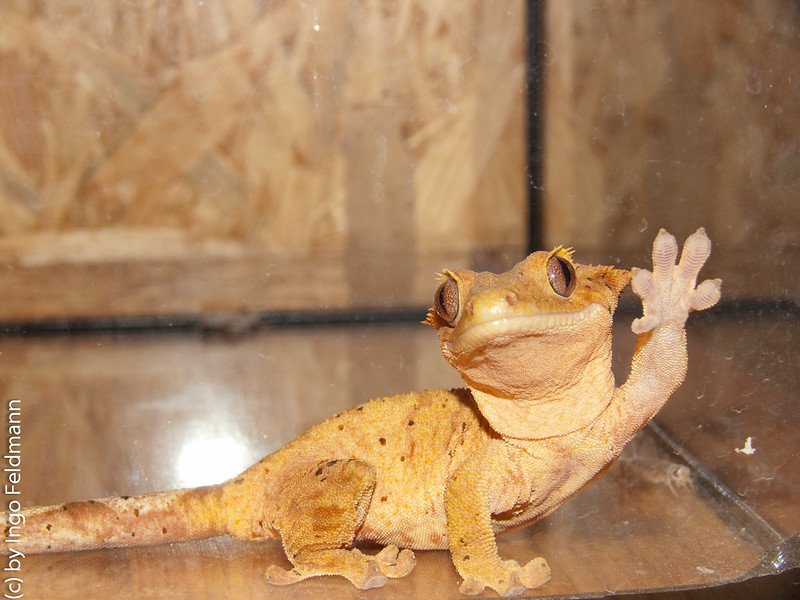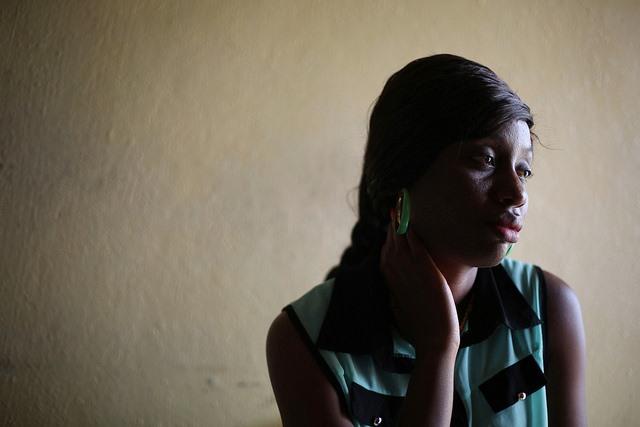Resistance to a last-resort antibiotic in an already multidrug-resistant (MDR) bacterial pathogen is concerningly high in Africa, according to a study published last week in JAC-Antimicrobial Resistance.
In a systematic review and meta-analysis, researchers from Woldia University in Ethiopia examined data from 30 studies that reported on colistin resistance in clinical specimens of MDR Klebsiella pneumoniae collected from hospitals in Africa. With mortality rates ranging from 40% to 70%, MDR K pneumoniae has been identified as a high-priority global health threat by the World Health Organization. Colistin is one of the few remaining options for treating MDR K pneumoniae infections.
"Colistin resistance in K. pneumoniae is often associated with high morbidity and mortality, especially in critically ill patients, and its spread poses a serious challenge to treatment options across the African continent," the study authors wrote.
Highest levels of colistin resistance found in East Africa
The 30 studies covered 11 African countries: Egypt, Nigeria, South Africa, Uganda, Kenya, the Democratic Republic of the Congo, Algeria, Ethiopia, Mali, Ghana and Mozambique. Nearly half of the reviewed studies (13) were conducted in Egypt.
The overall pooled prevalence of colistin resistance was 21.6%, with high heterogeneity and significant sub-regional variation. By sub-region, East Africa had the highest pooled prevalence of colistin resistance (42.3%), followed by West Africa (37.1%), Southern Africa (17.1%), and North Africa (13%). By country, colistin resistance was highest in Nigeria (39.1%), Kenya (22.5%), South Africa (17.2%), and Egypt (14%).
Colistin resistance in K. pneumoniae is often associated with high morbidity and mortality, especially in critically ill patients, and its spread poses a serious challenge to treatment options across the African continent.
The authors say the findings support the need for greater regulation of colistin use to maintain its effectiveness.
"Despite the considerable heterogeneity across the included studies and the limited or absent data from some countries, the estimated pooled prevalence provides a valuable indicator of colistin resistance in Africa," they wrote. "Further research is essential, particularly studies focusing on colistin stewardship and improving access to rapid diagnostic tools for detecting colistin resistance across the continent."















